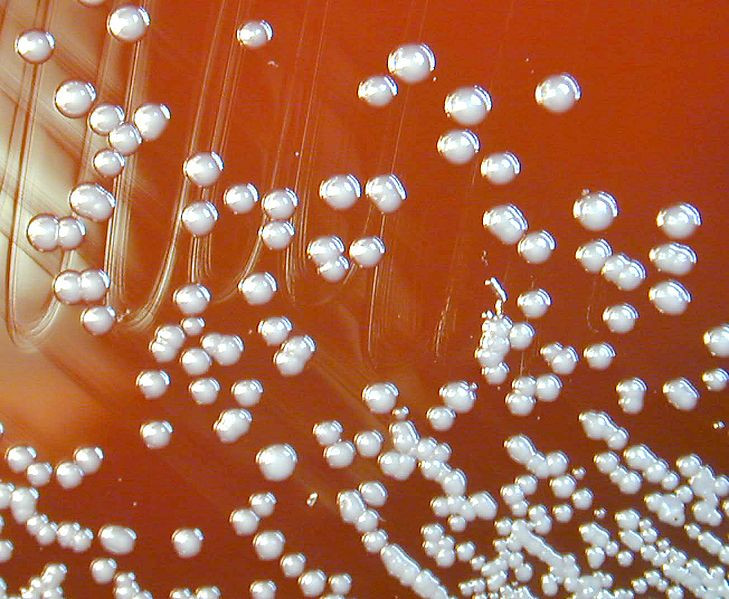Melioidosis: 89,000 killed every year by little-known disease as deadly as measles

A little-known disease has been found to kill around 89,000 people every year – roughly the same amount globally as measles, scientists have announced. Researchers say melioidosis is "severely underreported" and should be a high priority for international health organisations and public health officials.
Reporting their findings in the journal Nature Microbiology, an international team of scientists led by Direk Limmathurotsakul of the University of Oxford mapped cases of melioidosis among humans and animals, along with environmental reports of Burkholderia pseudomallei, the pathogenic bacterium that causes the disease.
B. pseudomallei – which is highly resistant to a wide range of antibiotics - is commonly found in soils in Southeast Asia and Northern Australia. It is spread to humans and animals through direct contact with contaminated water and soil. However, diagnosing melioidosis is difficult as a result of the wide-ranging symptoms that can present. This has meant the global disease burden has been difficult to assess.
In their study, the researchers looked at records dating between 1910 and 2014. They estimated meliodosis is severely underreported in the 45 countries where it has already been found. Furthermore, they discovered it is also present in 34 countries where there have never been reported cases – these are mostly found in South America, sub-Saharan Africa and the Middle East.
"We estimate there to be 165,000 human melioidosis cases per year worldwide, from which 89,000 people die," they wrote, adding that mortality is particularly prevalent in children under the age of five. They said disease reporting systems need to be strengthened urgently, while prevention campaigns and treatment guidelines must be implemented to reduce mortality rates.
While the disease is not yet found in the US and Japan, researchers said there are areas in both countries where B. pseudomallei could become established in the future. "These include a geographically contiguous area covering southern parts of Florida, Louisiana and Texas in the USA, and Okinawa and Kagoshima prefectures in Japan. These areas share similar environmental values to the Caribbean islands and Taiwan where melioidosis is known to be endemic ... It is also possible that B. pseudomallei is already present in the environment in the USA and Japan but has never been detected."
They conclude: "The global burden of melioidosis is likely to be substantial and increasing due to population and pathogen movements increasing the likelihood of establishment in new areas ... [The findings] highlight the need for public health officials and policymakers to raise the priority of this disease."
© Copyright IBTimes 2025. All rights reserved.






















